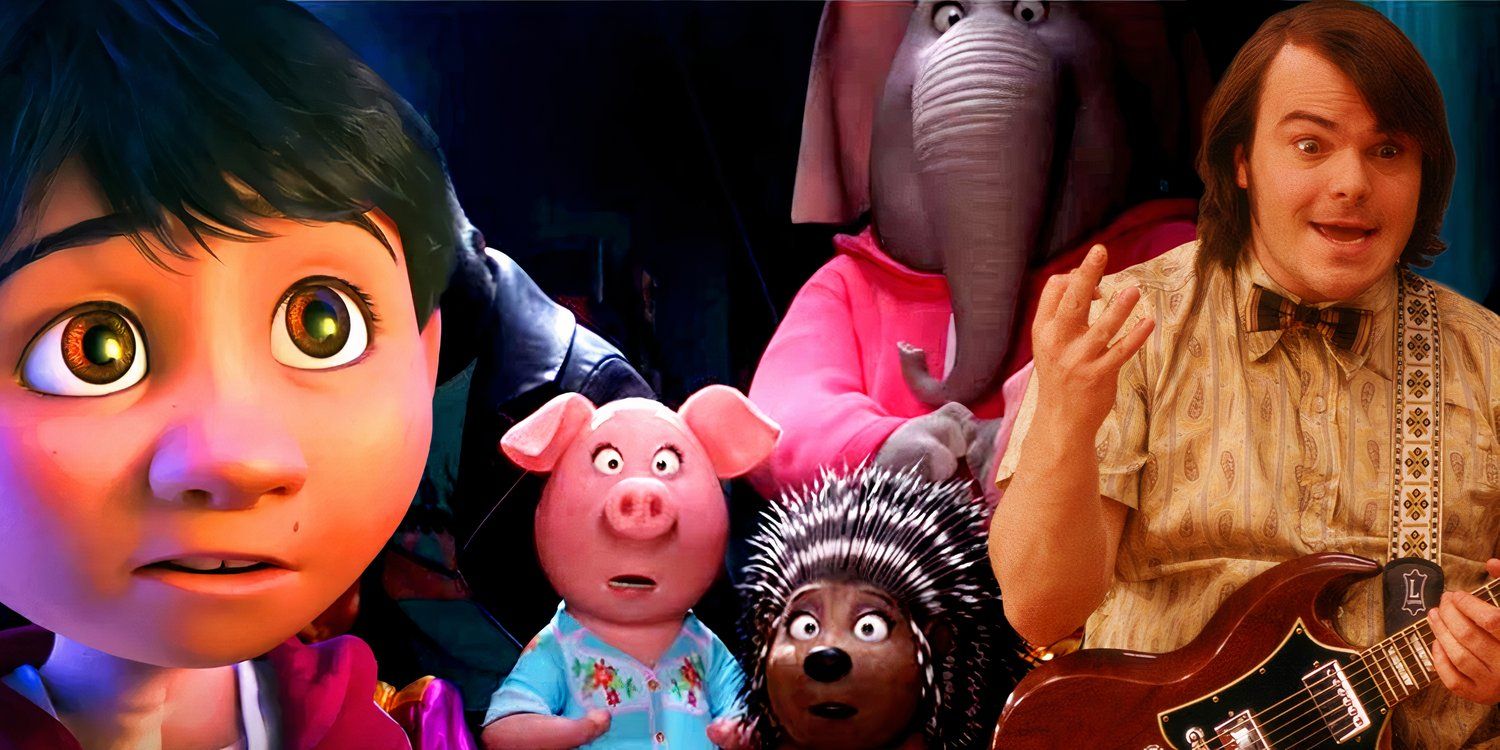Kaveh Daneshmand’s “Endless Summer Syndrome” unfolds like a Chekhov drama. Set in an idyllic country house where a family of four is enjoying the final lazy days of summer, the French film is jolted into focus with a whispered allegation that risks upending a mother’s picture-perfect image of those she loves. Awash in bright sunny images and careening toward a dark, knotted ending, Daneshmand’s family drama makes for an increasingly disquieting watch, the unseemly secret at its center as poisonous as the pet snail which serves as a waiting Chekhov’s gun.
Delphine (Sophie Colon) has what looks like a perfect family. The human rights activist, who finds time during her summer holiday to take part in important Zoom town halls on the primacy of family values, has been happily married for decades to Antoine (Mathéo Capelli), a successful novelist. The pair have two adoptive children: Aslan (Gem Deger), who’s about to head abroad to study entomology in a few days time, and Adia (Frédérika Milano), a teenage girl who’s beginning to bloom right before their eyes. The four spend their leisurely days lounging by the pool, drinking cocktails and basking in the sun: a postcard ready image of what a multi-ethnic French family can look like. That’s how Delphine boasts about it, at least — proud of the loving unit she and Antoine have created with their kids.
One phone call is enough to throw that loving image into disarray, when a woman claiming to have been at a party with Antoine telephones Delphine. In a drunken stupor he’s likely to have forgotten about, Antoine had allegedly cried about an unspeakable secret he knows he cannot keep for much longer: he’s been having an affair with one of his kids. After initially dismissing the anonymous allegation (by a decidedly polite caller who felt it was only right to do so), Delphine finds herself reassessing the family dynamics all around her. Is Antoine’s gaze lingering too long on Adia’s body? Is he being much too handsy while helping his teenage kid care for a burn on her inner thigh?
The paranoia that begins coloring her every waking moment is made all the more unbearable given how tense everyone seems to be at Aslan’s impending departure. There are anxieties and fears about abandonment that cut through his own experience as an adoptee which Delphine, strict mother that she is, has perhaps unwittingly ignored. And the more Delphine tries to unravel the secret that may be at the heart of a family that now seems alien and alienating to her, the more “Endless Summer Syndrome” thrusts audiences into a discomfiting kind of family drama — one where characters and actors alike become endlessly suspect, and where any sense of intimacy becomes cause for suspicion. That’s all the more urgent given that the film opens with a witness testimony that suggests one family member will not survive the weekend, which unfolds as an extended flashback.
Shot in tight compositions, “Endless Summer Syndrome” nurtures a close-knit intimacy that soon becomes claustrophobic. Such framing initially encourages viewers to examine the family with as much wary attention as Delphine. As she moves through the house in hopes of finding any shred of evidence of what she’s been told, she becomes a keen-eyed observer of Antoine and her teenage kids. And as played by Colon, you can slowly see her paranoia turn into horror once she’s finally confronted with what’s been kept from her. Delivering a wholly restrained performance that never descends into the melodramatic histrionics the story may otherwise suggest, Colon’s Delphine ultimately becomes a cipher. In being reduced to an observer, she ends up having little to offer in terms of her own agency, let alone her wants and desires. Which is all the worse since the final act of “Endless Summer Syndrome” depends on a fateful decision she makes to salvage the family that’s been lost.
The ending, in fact, which all too neatly ties up loose ends, makes Daneshmand’s increasingly uncomfortable family drama feel rather hollow. Playing as little more than an empty provocation that ends up trafficking in somewhat (though arguably intentionally) tasteless incest and adoptee tropes, “Endless Summer Syndrome” eagerly wants to plumb its murky ethical quandaries. Yet all it accomplishes is crafting a portrait of a rotting family that unwittingly plays into arguments about the only kinds of families that deserve to be so described: namely, here is a study of fathers and mothers, of sons and daughters, that, whether inadvertently or not, stresses the centrality of blood ties.
But it’s all in the service of a lurid tale that, because of its insularity (we rarely leave the country house the film is set at) wants to remain singular but which, given the central character’s ambitions (she’s a human rights advocate, after all) cannot help but ripple outward in decidedly uncomfortable ways. And so, while beautifully shot and engagingly structured, “Endless Summer Syndrome” leaves audiences with little more than it offers its characters: a bitter taste that’s sure to linger longer than anyone would like.









 English (US) ·
English (US) ·